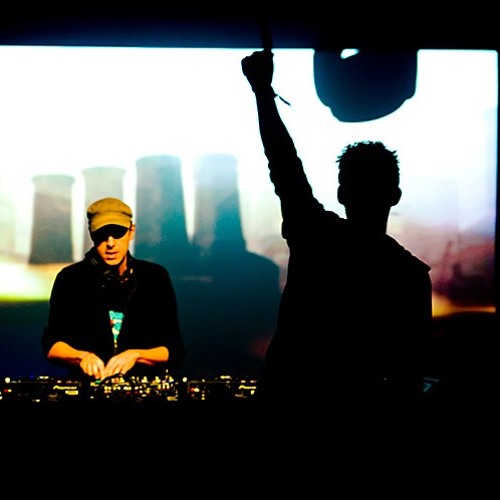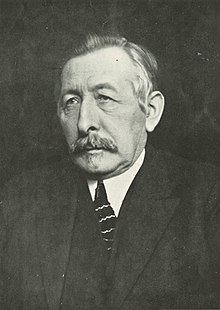Surnames
A Former Prevalence of Matronyms
In the old Finnish system, women were standardly given matronyms (inherited from the mother), while men were given patronyms, for example, Ainontytär (female) or Pekanpoika (male). Some Icelandic people, like Heiðar Helguson, have matronyms. Matronymics appear in medieval Celtic tales such as Cath Maige Tuired and the Fourth Branch of the Mabinogi (the children of Dôn).
I still believe that each star in Quire 20 begins with a Family name or Surname, possibly a matronym. Below are some examples.
Peik(uka)
Puksa
 |
| Puksa - last name found in Estonia, Slovakia, etc |
Puusam
 |
| Puusam |
Epash
Slovak-Gypsy (Romani) Dialect: Yepash, K., S., pash, epash, yepash ; Bhm. yepash), half. Yepash-rat, midnight, M. W.. S. ; yepasha rat'atar, at midnight, M. W. ; pash-shel, S. ; pashel, K., fifty (half-a- hundred).
Tasa
Estonia
Llukksa Lluksa Luksa
Allekksa
Leidheter
Leaditter Leadeater Leadheater Leadhetter Leadhetter Laddetter Ladgater Leadheatter Lidhetter Leadeater
Pekker/Peker/Pukker
Pellar
Llukkella Lukela
Lleslla Lesla
Illkksa Ilksa
Jea
Saier
Saikka/Saika
Sitdke
Duusai
Puetet
First Names
 |
Jekksam/Jeksam/Jeksom

Musician Jekke |
I don't know if Jekksam means Black Jack and is a first name in the Voynich, but it's at least a possibility.
Ekkesam might mean swarthy little Erik,
  |
| Ekkesam |
The word or name Pekka appears throughout the manuscript. This is
Pekka Aho playing a beautiful tune on the Kantele.
7/2/2014: Weeks after I posted this, I was informed by someone who saw it that
Peko (Finnish spelling Pekko, Pekka, Pellon Pekko) is an ancient Estonian and Finnish god of crops, especially barley and brewing. In the area of Setumaa, between Estonia and Russia, inhabited by the seto-speaking Setos, the cult of Peko was alive until the 20th century. Today, the Seto people (an ethnic group of Estonians in the south-east of the country) also revere Peko as their national hero and king, the name and figure are widely used as a national symbol.
If the manuscript could yield such resonances for someone with no background in linguistics, Finland, Estonia, Karelia, or Russia to where it is teaching me what it is, then how much more would it unlock for someone with this background?
Transcribed, the below snippet says, "alla ella ellukka jallukka," which is very chant-like.
 |
Jallukka is a Finnish name for a girl.
|
 |
| 1 Jallukka |
 |
2 Jallukka
|
The words in the Voynich manuscript may be put together as a chant to be performed at a birth, and there may have been a plant associated with each particular name.
Here is an example of an ancient folk song called a joik by Ellen Marja Mathis Eira from the album Lappish Joik Songs from Northern Norway. The joik is titled Nils N. Eira:
Does each birth have all the ancestors chanted to imbue that infant with its identity?
Frans Laulainen contributed these insights:
In Finnic tradition music is the way that magic is conducted. In the Kalevala Väinämöinen uses his Kantele and sings Joukahainen into the mud. I find it interesting that in Finnic culture the women are the singers in chant groups (listen to some Värttinä for songs of Karelia, Ingria, Votia, ja niin edespain). The Saami Joik is sung by all (male and female). Music is power and wisdom.
In pre-Christian Finnic culture women perhaps had some social status as Shamen (or Shawomen) and musical status of singers of the folk songs and lore songs. It is not surprising to me that if the Voynich manuscript is Finnic (possibly Karelian) that it should be written by a woman. However, written Finnish was late to the scene; the first historic use of written Finnish was 1450 and Mikael Agricola didn't translate the bible into Finnish until 1537.
Possible First Names
 |
| Elaresa - Polish or Croatian |
 |
| Jellukka |
 |
| Elluer - female name - old danish possibly related to latin feast - also a surname |
  |
| Saraisa, a Polish form of Sarah, and Jepekka |
  |
| Dutch politician Pieter Jelles Troelstra beside Saisa Jelles |
From Q12, f73r (below)
Ellara Elara
Ellua
Ukko-Pekka
Names of present-day Sami people
The following are names of present-day Sami people.
Many of these names look as if they had been lifted straight out of the Voynich manuscript, the constructions are so similar. They also use double
l's, double
k's, many starting with
e or
s or
j and ending in
a.
Eira
Sara
Jelle
Silje
Ailo
Heaikka
Ailu
Elen
Pulska
Ella
Eilen
Ina
Ulla
Elise
Ase
Niillas
Jussi
Laila
Almi
Siv
Siri
Jiella
Sobakke
Heikka
Idar
Anja
Juuso
Examples of blond modern day north European women and their interesting names:
 |
| Finnish writer Eppu Nuotio |
 |
| Ene Ergma |













































No comments:
Post a Comment